
Ancient Egypt was no different from what we have today. Everyone had somewhere to be, something to finish, and rules to follow. Life moved on a schedule shaped by tradition. People in those times were surviving within a larger system that ran like clockwork. Day in, day out, the rhythm rarely changed—but every role mattered, and here is a glimpse of how it all panned out.
Pharaohs Began Their Mornings With Ritual Purification

Before the sun rose too high, pharaohs underwent ritual cleansing. Priests offered omens and divine counsel, which would later influence royal decisions. Some pharaohs even wore bull’s tails to project strength and divinity. While banquets were sometimes public, it was a rare sight to see a pharaoh eating in public.
Queens Oversaw Palace Affairs And Religious Duties
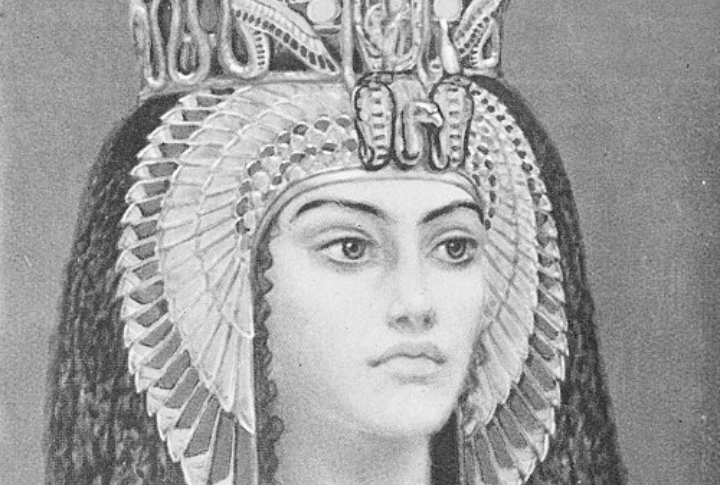
Behind the throne stood queens wielding absolute power. They supervised domestic staff and managed vast temple estates. Royal women would even hold divine titles, such as “God’s Wife of Amun.” The queens were also big on cosmetics because, for them, beauty was more than vanity; it symbolized hygiene and high status.
High Priests Led Daily Temple Ceremonies
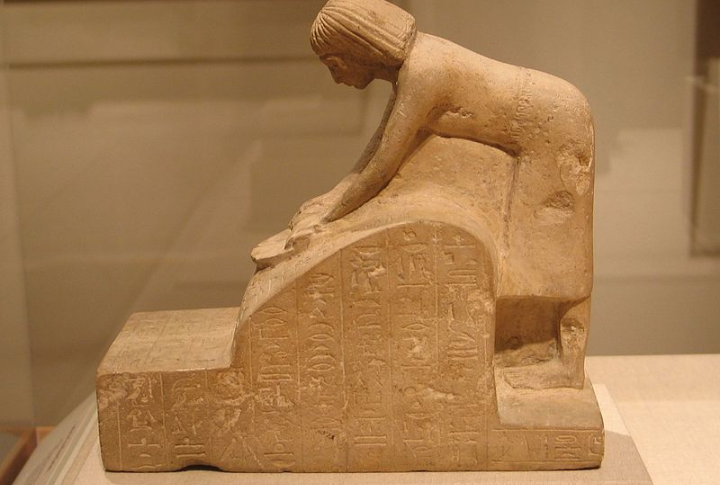
Temple life revolved around precision. High priests bathed four times daily to maintain their ritual purity, and afterward, they clothed sacred statues, laid out offerings, and chanted age-old hymns. Temple grounds bustled with bakers and scribes. But only the most trusted ever glimpsed the inner sanctuaries because entry was strictly barred to outsiders.
Viziers Reviewed Legal Cases And Crop Reports
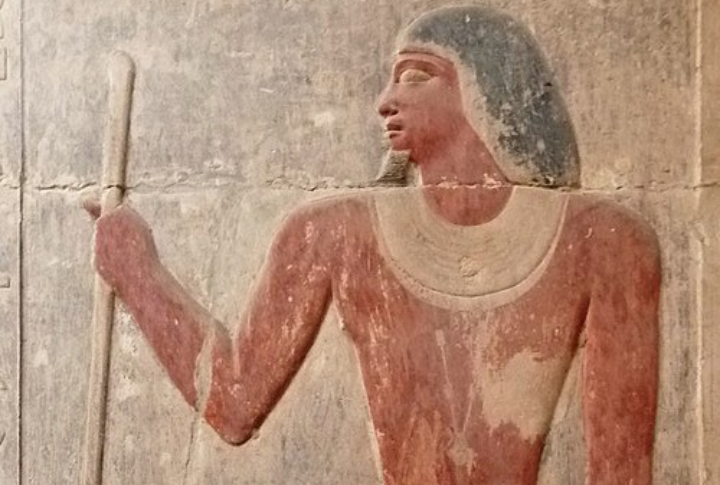
Every pharaoh needed a vizier—the ultimate right-hand man. Viziers dispensed justice, assessed taxes, and ensured grain stores ran smoothly. Their offices became epicenters for bureaucracy and law. Many hailed from elite priestly lineages, blending wisdom with influence. Their judgment could sway everything from land disputes to labor assignments.
Scribes Recorded Everything From Taxes To Love Poems
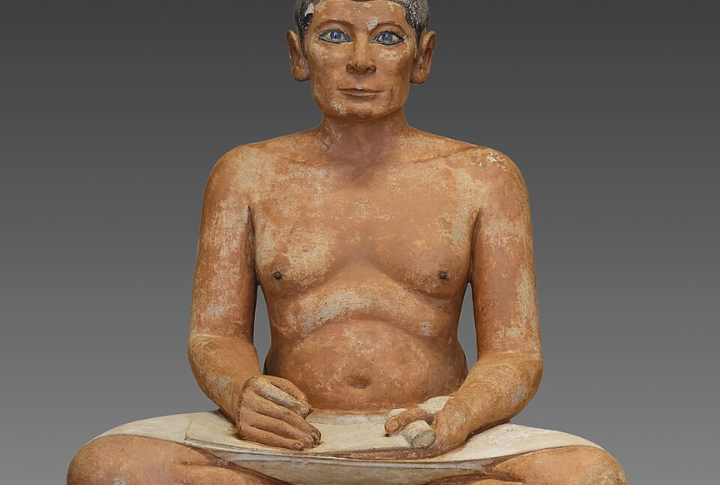
Papyrus and reed pens filled the hands of young scribes trained in the art of hieroglyphics. These scholars worked in all government and religious halls. And they were the lucky bunch since their work spared them from grueling physical labor or military drafts. From tax rolls to romantic verse, scribes captured every layer of ancient Egyptian life.
Farmers Rose With The Sun To Tend Their Fields
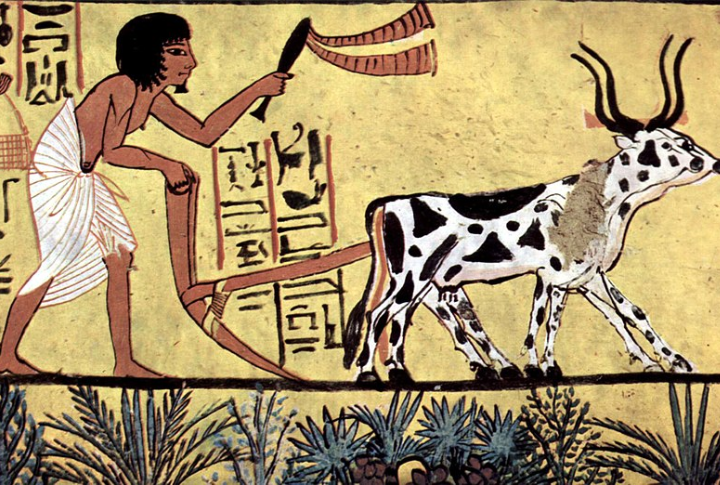
At dawn, farmers hit the fields, guiding oxen and wooden plows through soil shaped by the Nile’s flood. Canals carried water to the crops that were grown on the lands owned by nobles. Harvests meant wheat and barley taxes paid to the state. Without the river’s rhythm, Egypt’s entire agricultural cycle would collapse.
Laborers Hauled Stone Blocks And Built Monuments
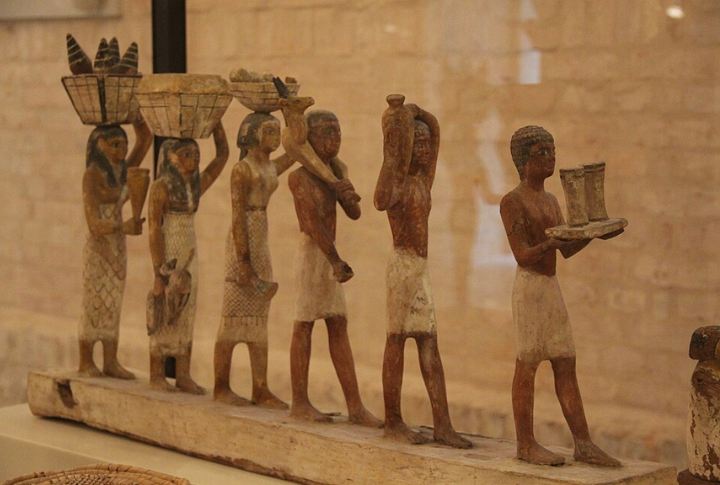
Back then, you wouldn’t find coins in a laborer’s pay—just food, beer, and shelter. These workers organized into rotating crews, hauled stone, and raised grand tombs or temples. In the event of accidents, medical care was provided by assigned on-site healers. Some toiled at Deir el-Medina, where graffiti and bitter complaints remain etched in plaster to this day.
Traders Bartered Goods From Distant Lands
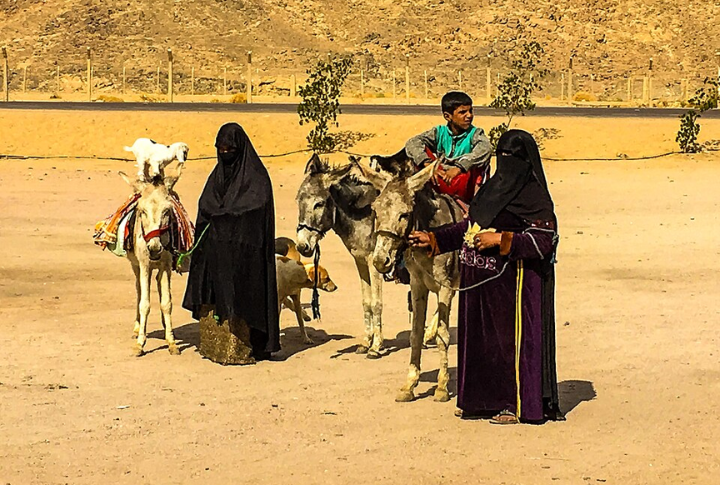
Whether aboard Nile boats or trudging with desert caravans, Egyptian traders connected the kingdom to distant lands. They exchanged everything, from oils to food, to spices to precious metals, and the markets pulsed with chatter over linen, livestock, perfume, and so much more. Trading partners ranged from Nubia to Byblos. At some point, cowrie shells replaced metal as makeshift currency.
Educators Taught Reading And Math In Temple Schools
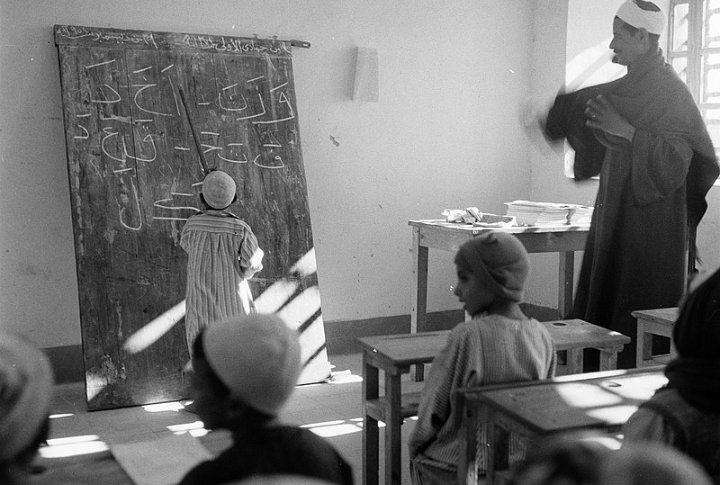
Inside temple courtyards and state buildings, boys from elite families studied arithmetic and sacred texts. Instructors weren’t gentle because whenever errors were made, canings served as a common punishment. These schools produced Egypt’s future scribes, priests, and administrators, shaping minds for a society that prized order and knowledge above all else. Sadly, girls rarely attended.
Children Played With Toys And Imitated Adults
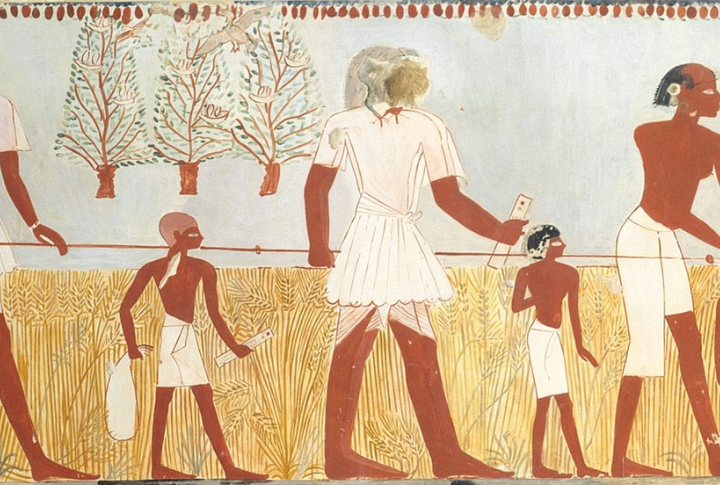
Childhood blended work and play. Kids spun tops, played with carved animals, explored, and helped with household chores. Boys often wore nothing at all until adolescence. Some children began religious training or started scribal studies at an early age. Through imitation, they absorbed such future roles, learning by copying rather than classroom lectures.

